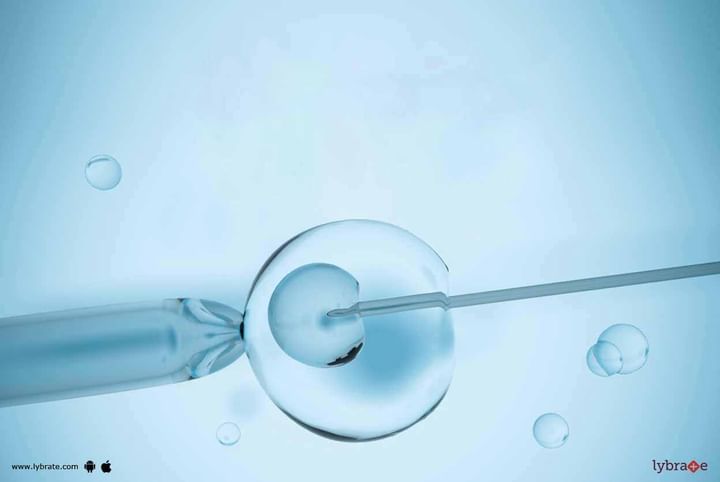IVF With ICSI - Can They Help In Low Sperm Count?
How does the ICSI method in IVF treatment help manage severe male infertility?
Male infertility is a growing problem in India. According to survey, almost 40 percent of all infertility cases have been attributed to male infertility. Severe male infertility is often dealt with IVF, using the ICSI method. Here is a look at all you need to know about IVF with ICSI.
What is ICSI?
ICSI or intracytoplasmic sperm injection is a specialized method of IVF, where the sperm from the male partner is not allowed to fertilize the female egg normally. Instead, a single sperm is isolated and inserted into a mature egg, to get it fertilized. A hollow needle is used to extract the sperm from the male. Primary features of the ICSI-IVF include-
- The egg is fertilized inside a petri dish, as the sperm is not introduced inside the female’s body.
- Only one healthy sperm is selected from the sample and is injected into a single mature egg for the fertilization
- The fertilized eggs are monitored under laboratory conditions.
- Once the egg is fertilized, it can be introduced inside the woman’s body, similar to the ordinary IVF procedure.
Reasons why ICSI is used
Here is a look at some instances, when your doctor may advise you and your partner to undergo ICSI-IVF-
- Very low sperm count
- Sperm with abnormal shape
- Poor sperm motility
- Other IVF treatment has not yielded desired results
- If the sperm being used is frozen, the ICSI-IVF procedure may be required.
Risks involved in the IVF-ICSI method of fertilization
The ICSI procedure comes with all the risks involved in the normal IVF procedure. However, it does not introduce any new risk factors into the mix. This method of fertilization carries a slightly higher chance of the baby being born with defects when compared to a normal conception. However, it is still quite rare.
With the IVF-ICSI method , couples suffering from infertility have 50 to 80 percent chance of a successful conception.



+1.svg)
